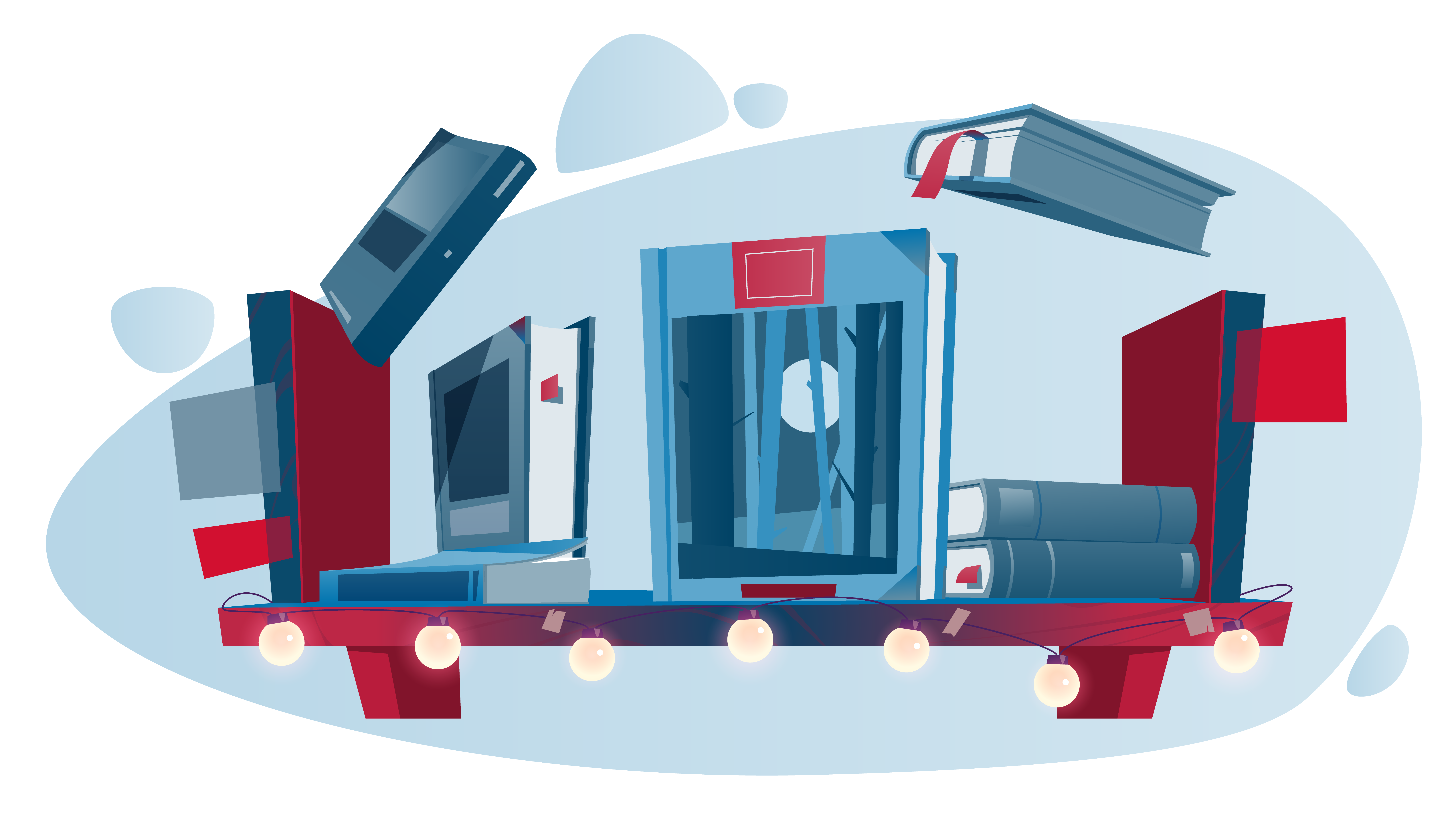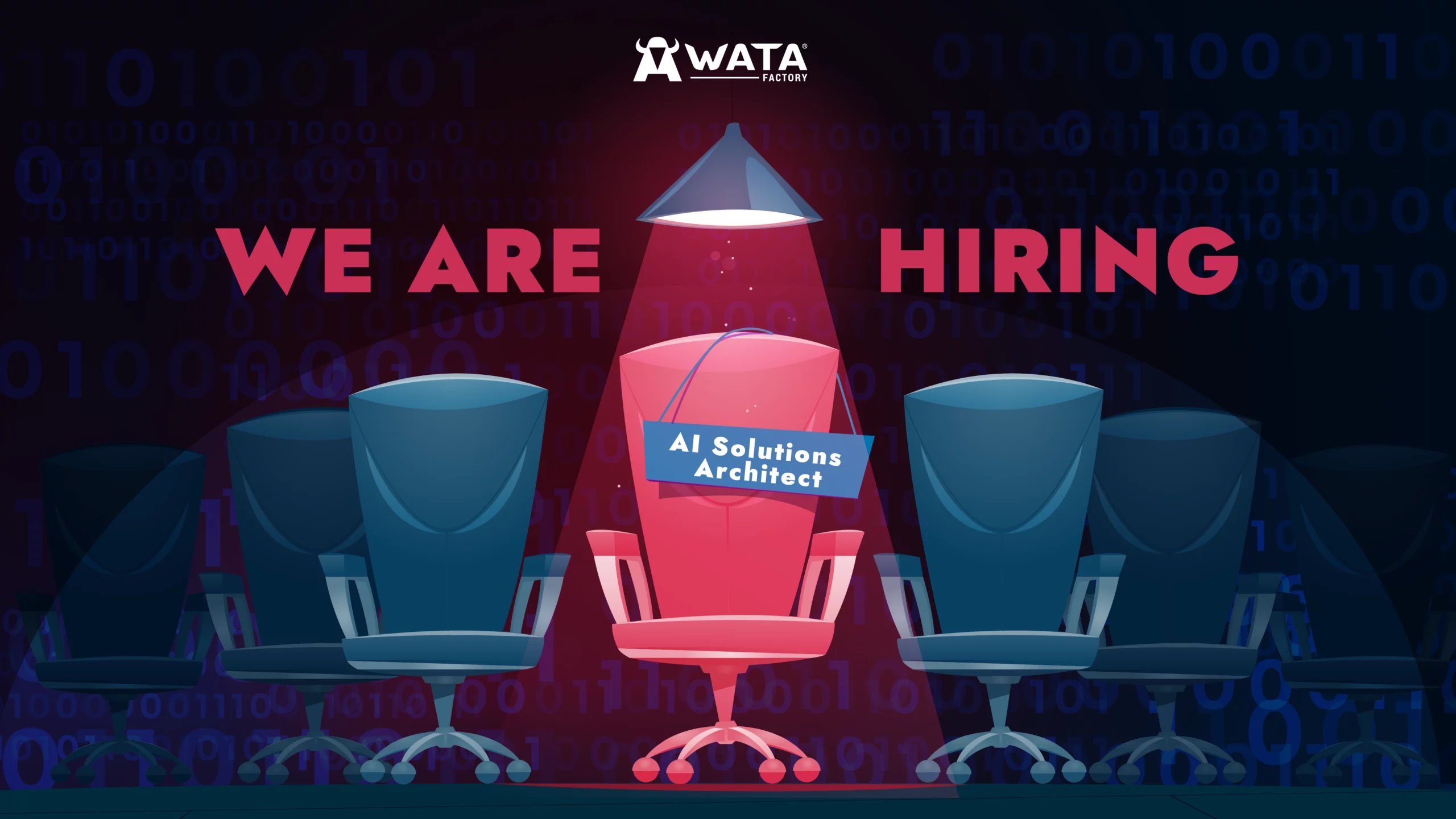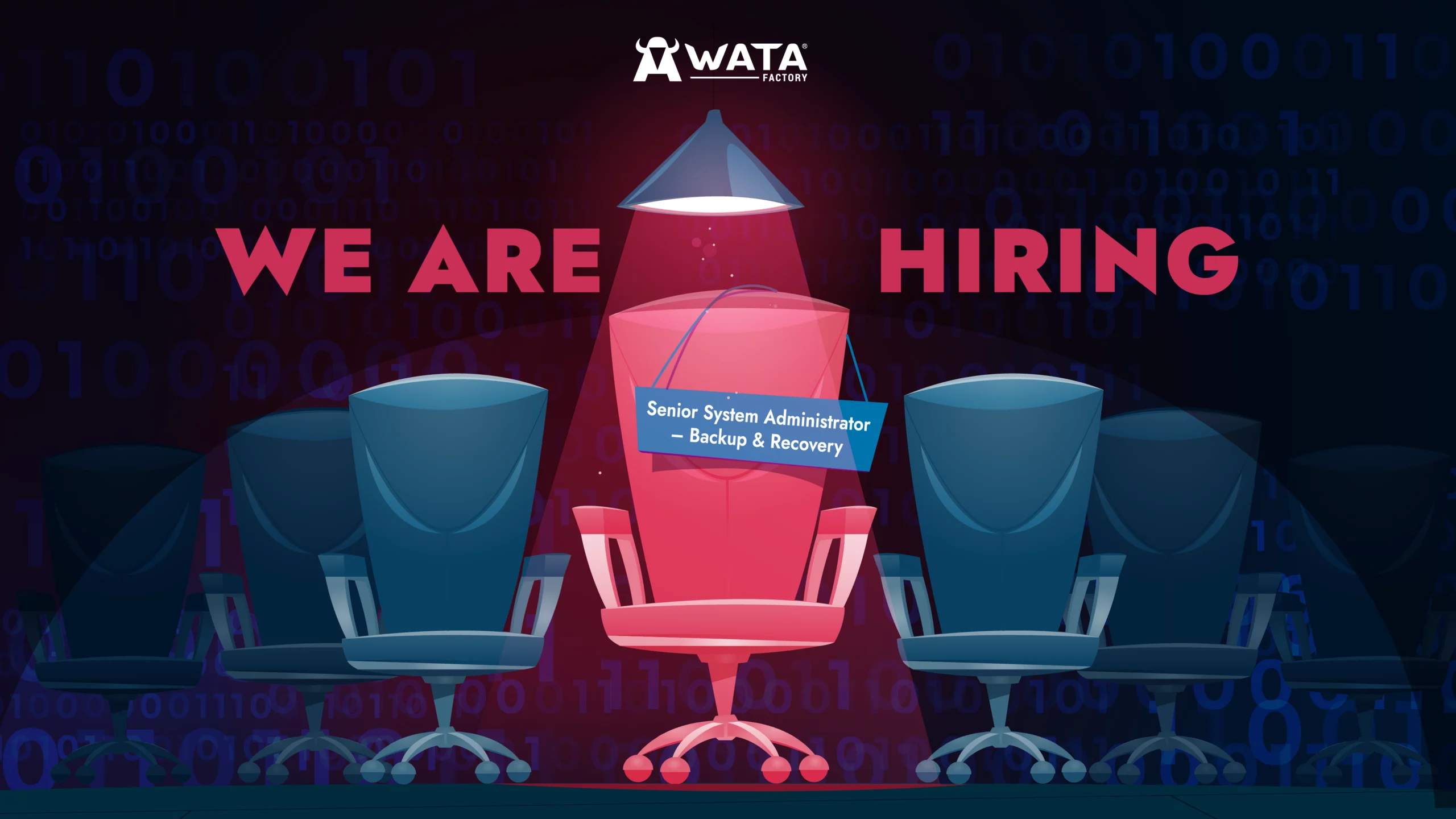In a rapidly evolving industry, tools and methods change, but one thing remains constant: the importance of best practice. It’s not about following fads, it’s about mastering principles that ensure quality, sustainability and adaptability in the face of future challenges.
At WATA Factory, we know that the key to success lies in strengthening the foundations that support your professional development. That’s why we’ve selected 5 books to help you hone your skills, gain key insights and adopt effective approaches to building robust, scalable software. From the basics of clean code to strategies for modernising and improving legacy applications, these resources are an essential guide to start 2025 with confidence – incorporating these practices will improve the way you work!
1. Clean Code: a handbook of agile software craftsmanship (Robert C. Martin)

Clean Code is one of those books that every developer should have at hand. In this text, Robert C. Martin, also known as ‘Uncle Bob’, explores how to write clean and efficient code, a fundamental aspect of any software project. The book not only looks at the best practices a programmer should follow, but also explores the thinking behind them, emphasising the importance of code readability and long-term maintainability. Using practical examples, Martin shows how to improve existing code and avoid bad practices that affect the quality and scalability of systems.
Clean code is not just a set of rules, but an approach that improves maintainability and collaboration in development teams. It is ideal for developers who want to improve their skills, write more readable code and increase team productivity while making applications easier to maintain and scale.
2. Clean Architecture: a craftsman’s guide to software structure and design (Robert C. Martin)

If clean code is the foundation of good code, then clean architecture is the cornerstone of good software architecture. In this book, Robert C. Martin goes one step further and focuses on software architecture, a critical area for developing robust and maintainable applications. Martin introduces the fundamental principles of sound architecture, such as Separation of Concerns, independence from implementation details, and the need for a flexible structure that facilitates software development. Using examples and case studies, the author explains how to make sound architectural decisions that ensure the scalability and adaptability of applications.
A well-designed architecture is essential for the long-term success of any application. This book is suitable for both software architects and developers who want to learn how to create solutions that are scalable, easy to maintain and aligned with business goals. In addition, the clean architecture approach allows projects to be approached with a higher degree of predictability and resilience to technological change.
3. User stories applied: for agile software development (Mike Cohn)
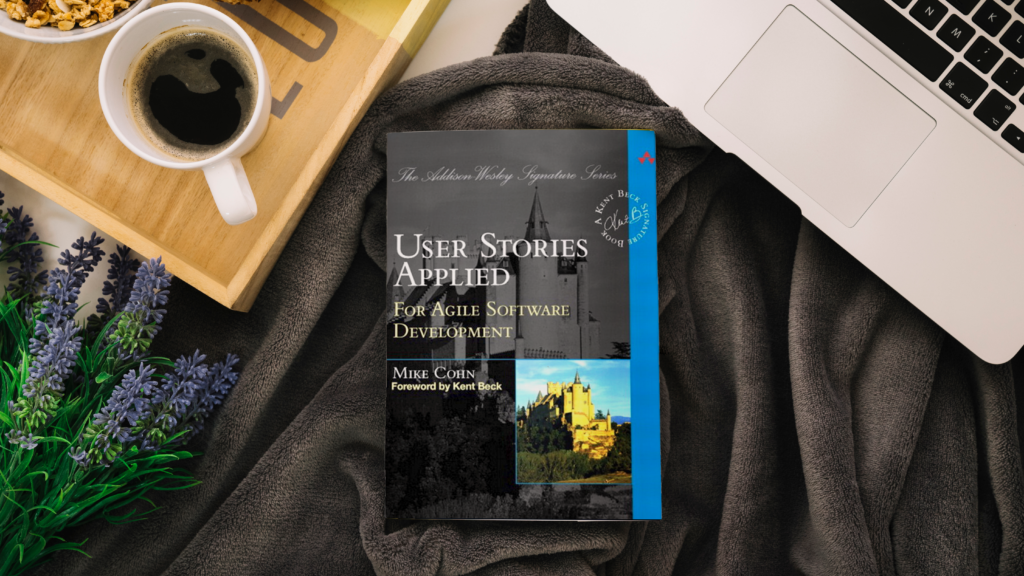
User stories are an essential part of agile development. In User Stories Applied, Mike Cohn explains how to write clear, understandable and useful user stories for development teams. The book covers the entire process of creating and managing user stories, from writing them to organising and prioritising them. It also explains how to integrate user stories into the agile development cycle, including planning, cost estimation and acceptance testing. Cohn also gives advice on working with stakeholders to ensure that user stories reflect actual customer needs.
User stories are an important tool to ensure that software fulfils end-user expectations and is developed in line with business goals. This book is a must-read for any professional working in an agile environment as it provides clear guidance on how to improve requirements gathering and management, enabling better collaboration and efficiency in software development.
4. BDD in Action: Behavior-Driven Development for the whole software lifecycle (John Ferguson Smart)
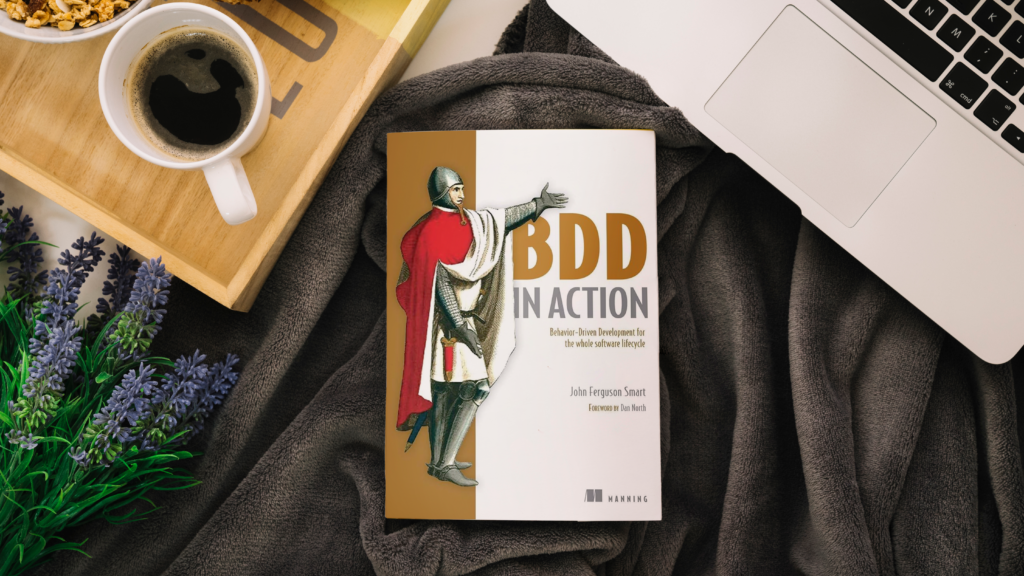
Behaviour Driven Development (BDD) is a methodology that focuses on continuous collaboration and a shared understanding of project goals. In BDD in Action, John Ferguson Smart shows how BDD can be applied throughout the software lifecycle, from requirements analysis to test automation and the creation of living documentation. This approach enables all team members, including developers, testers and customers, to work together more closely and consistently. Using practical examples in a variety of languages, the author shows how to create software that not only fulfils functional requirements, but also aligns with the expectations and needs of the business.
BDD improves communication between all team members so that the software is more efficient and better tailored to the client’s objectives. This book is ideal for integrating BDD into your workflow and utilising its benefits to improve both software quality and delivery.
5. Modernizing Legacy Applications in PHP (Paul Jones)
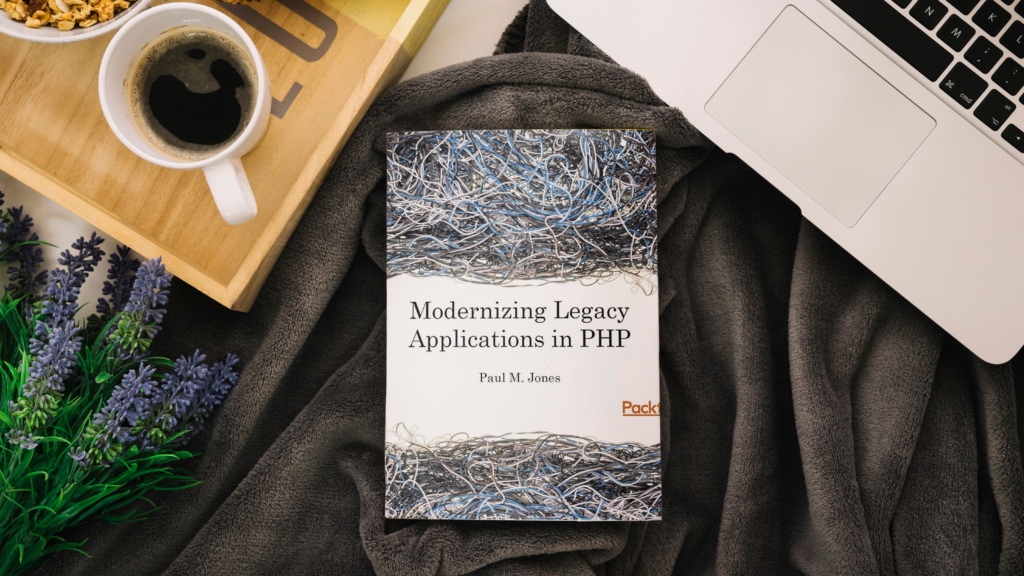
If you work with legacy PHP applications, Modernising Legacy Applications in PHP is an essential book. Paul Jones provides a detailed approach to transforming legacy applications into modern, more efficient solutions without having to rewrite the entire system. Throughout the book, the author guides you through the use of techniques such as dependency injection, layer separation and the implementation of unit tests, among others, to modernise your code and improve its maintainability. The interesting thing about this approach is that it does not require the immediate adoption of the latest tools or frameworks, but offers a step-by-step strategy to improve the code without disrupting the current functioning of the system.
Legacy applications are a constant challenge for many organisations as they need to be modernised without compromising their stability. This book is ideal for developers who want to update their systems in a controlled and scalable way to improve code quality and ensure long-term viability.
At WATA Factory, we know that learning is the engine for professional growth and the key to developing software that makes a difference. That’s why we provide our team with a carefully selected library of these and many other books. It’s not just about having access to technical knowledge, but also about creating an environment where every developer can research, learn and constantly improve. We are committed to talent and giving our employees the tools they need to get ahead in a constantly evolving industry.
